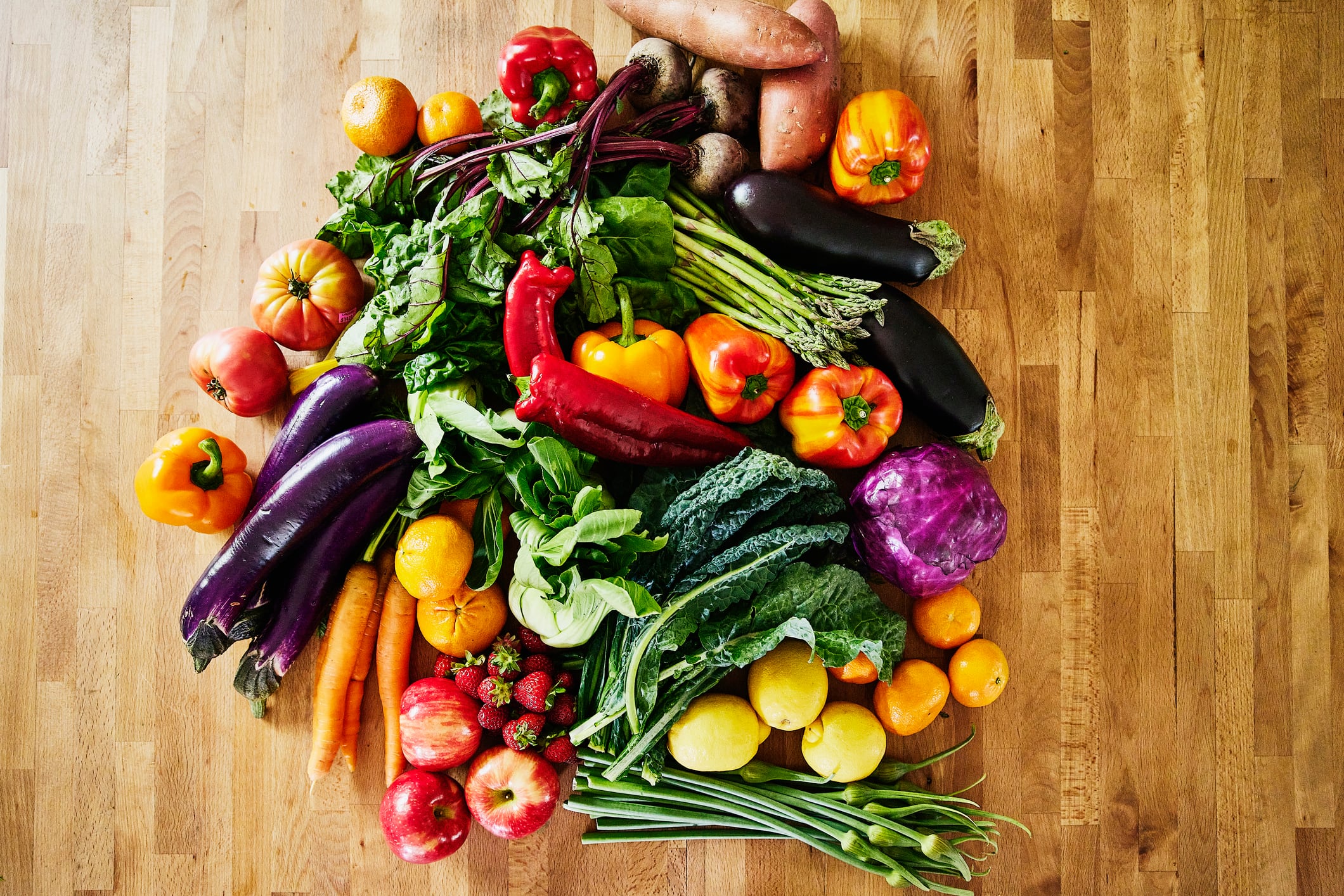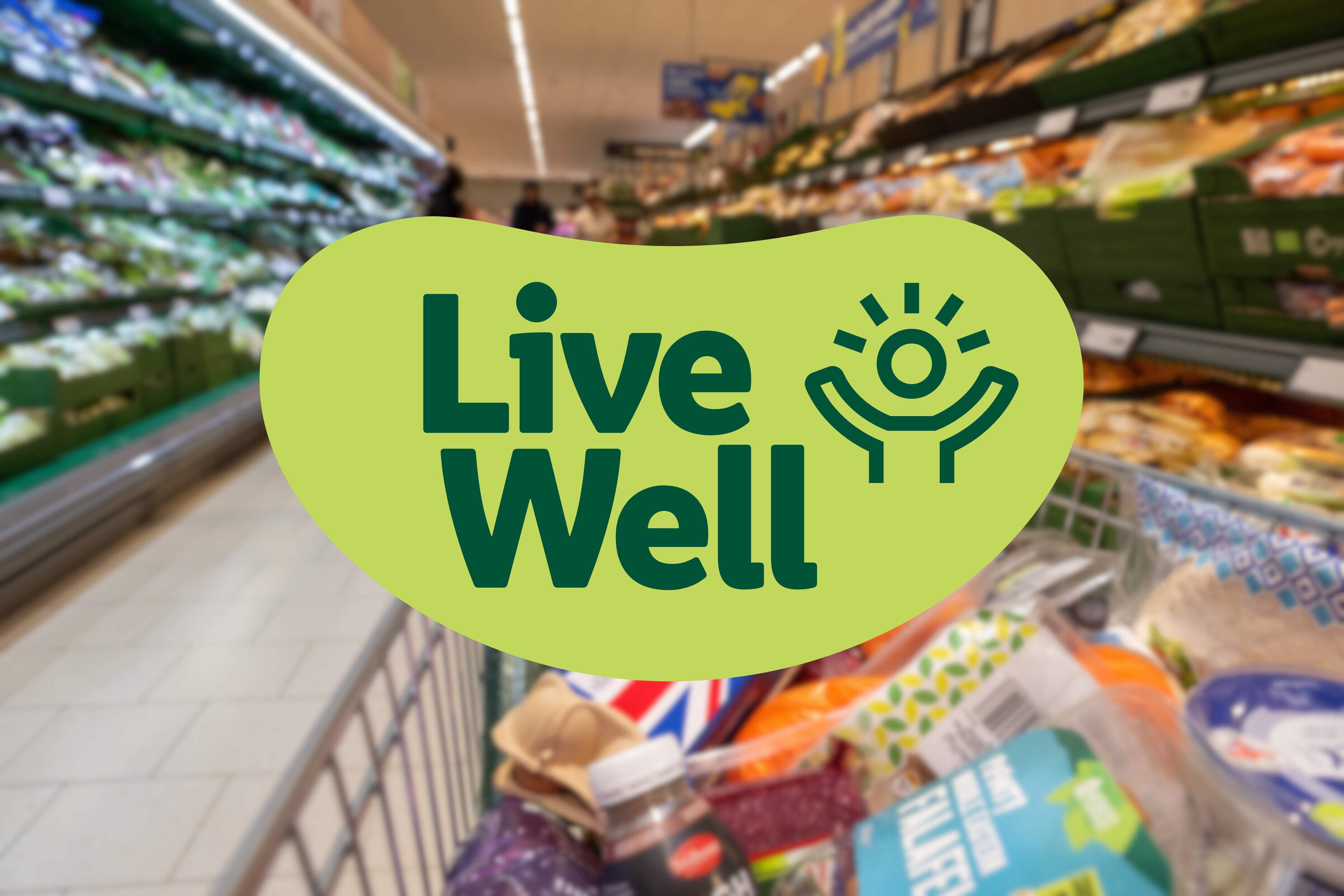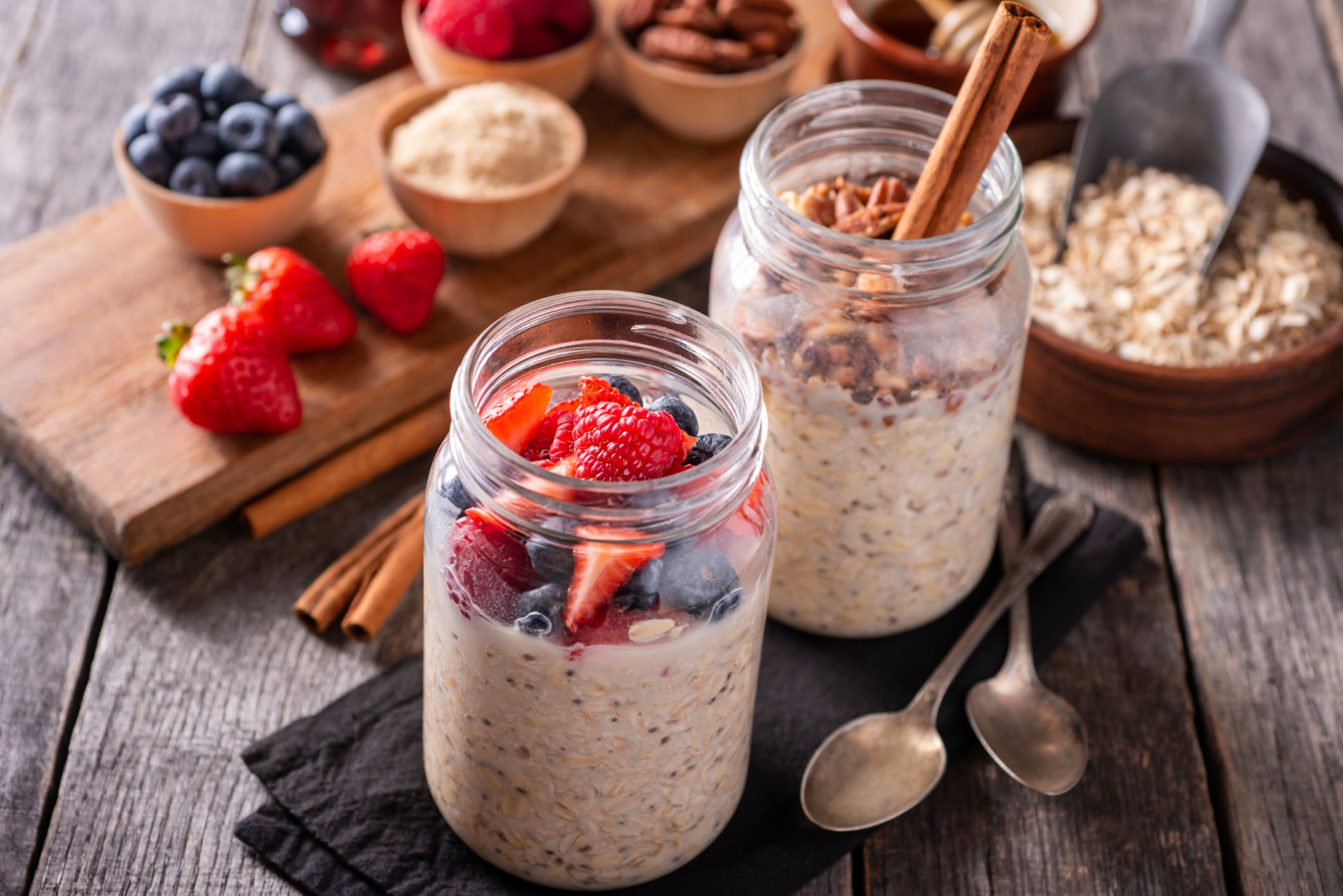
£3M boost for UK diet and health R&D
The Biotechnology and Biological Sciences Research Council (BBSRC) and Department for Environment, Food and Rural Affairs (Defra) are investing £3 million to drive diet and health innovation.

The Biotechnology and Biological Sciences Research Council (BBSRC) and Department for Environment, Food and Rural Affairs (Defra) are investing £3 million to drive diet and health innovation.

As the UK Government gets set to consult on its new health score, Danone is urging policymakers to provide a clearer definition of what constitutes ‘healthy food’.

The UK Government has published the long-awaited update to the nutrient profiling model (NPM) 2004/5 which would see tougher rules imposed on food and drink.

Marks & Spencer has become embroiled in a legal dispute over accusations that its ‘brain balls’ range is ripping off an influencer’s original idea.

Government backing for organic food could deliver huge health and economic returns, a new report has concluded.

It’s a challenging time for food manufacturing with escalating costs, spiralling demands and increased regulation all set to further hit the sector.

The Food Foundation has welcomed the Prime Ministers commitment to improving the nutritional quality of children’s food in schools but called for “decisive action.”

Despite talk of HFSS rules being watered down, reformulation remains a constant across food and drink – from sugar reduction to sustainability targets. But getting it right is no easy feat, as Michael Segal, VP of solutions and blends at Tate & Lyle,...

Applied Nutrition, the sports and wellness brand, is set for expansion with an increased revenue capacity to around £200 million and plans for a new global distribution facility and head office.

A new report from Food Standards Scotland has concluded that reducing meat and dairy consumption can help meet the Scottish dietary goals and climate targets.

The Government has published its response to the consultation on the draft advertising regulations around less healthy food and drink advertising on TV and online.

The Pepsi-Cola launch marks a significant innovation within the cola category and follows other prebiotic-focused beverage NPD.

The number of school-age children and adolescents that are obese has exceeded the number that are underweight for the first time, a new Unicef report has found.

The proposal, which could save tens of millions of pounds, was set out as a government commitment in the 2024 King’s Speech and underscored in Labour’s recently published 10-Year Health Plan.

A new human study has found that ultra-processed foods (UPFs) lead to increased weight, disrupt hormones and introduce harmful substances linked to declining sperm quality.
Co-op has partnered with Holland & Barrett to boost the health and wellness offer across its convenience stores.

An entirely man-made famine is currently occurring in Gaza due to Israel’s blockade on aid, the UN-backed Famine Review Committee has declared.

The Government has announced a crackdown on sugar and salt in baby foods, challenging manufacturers to reduce levels in baby foods aimed at children up to 36 months old.

The findings of the first independent evaluation of HFSS legislation show a marked reduction in purchases since the rules were put in place.

Lidl GB has become the first discounter to introduce a health marker across its own-label products.

Taste and price rather than calorie content appear to be the main considerations for people ordering takeaways, a new study has found.

More than 4,500 families will access food and essential support during the summer holidays via a project led by food redistribution charity The Bread and Butter Thing.

Speciality bread brand Deli Kitchen has teamed up with charity Rethink Food to help children explore food and learn about nutrition through the Curious Kids Club.

Participants in a recent University College London (UCL) study lost twice as much weight eating minimally processed foods compared to ultra-processed foods.

More than 150 senior figures within food and drink have demanded an end to Israel’s starvation of civilians in Gaza and called on the UK Government to take urgent action.

Israel is using the depravation of food as a weapon of war against Palestinian civilians, Human Rights Watch has said.

The new inquiry will cover access to nutritious food and weight loss medications.

The UK government has published 10 goals for a healthier, more sustainable food system, as it looks to develop a ‘good food cycle’ - but it cautions not everything can be tackled at once.

Consumers are becoming more concerned about their health, with many prioritising weight loss. But what do they consider to be healthy food, what actions are being taken to lose weight, and how will appetite suppressors like GLP-1 impact the sector’s future?

The UK Government has revealed it will repeal legislation restricting volume price promotions and aisle placement.

A policy brief published earlier this year has shown significant savings could be reaped by swapping patients over to plant-based meals.

Danone has acquired The Akkermansia Company – a Belgian company specialising in gut health supplements – for undisclosed sum.

Scotland has confirmed it will align its regulations around the promotion of food and drink high in fat, sugar and salt (HFSS) with England and Wales.

Manufacturers are backing healthier foods, with 2024 seeing £180 million invested into healthier NPD, but with the pressure of rising costs and regulation the sector needs government to take action.
Emerging evidence suggests that the way food is produced could play a role in combating health issues, according to a new report.

Immediate action is needed to prevent ‘toxic’ sewage sludge from being spread on UK farmland, environment secretary Steve Reed has been told.

Last week, experts were invited to a workshop to develop ideas for the overlooked dietary needs of adults aged 65 and over as part of a new study.

Tesco has called on the UK Government to implement mandatory reporting on healthy food sales by supermarkets and major food businesses.

Targeted at three-to-nine-year-olds, the new Tesco meal kit aims to get kids eating more fruit.

The UK Government is postponing the rollout of TV and online advert bans on products high in fat, salt and sugar (HFSS) until next year.

The consumption of collagen-enriched protein bars has been linked to weight loss in a new study.

In response to the UK Government launching a public consultation to gauge support for its new food strategy, Vic Harper, CEO of The Bread and Butter Thing (TBBT), takes a closer look at who the Food Strategy Advisory Board is serving and its real purpose.

A new study has found that there may be a link between the consumption of ultra-processed foods (UPFs) and premature death.

Baby food pouches produced by six leading brands in the UK lack key nutrients for the development of young children, a BBC Panorama investigation has found.

Rising temperatures and higher carbon dioxide levels in the atmosphere have been linked to increased concentrations of inorganic arsenic in rice, a new study has revealed.

Following years of back and forth between different parties, debates over the EAT-Lancet Commission have begun to bubble back up.

The higher rate of alcohol deaths in England since the start of the Covid pandemic represents an ‘acute crisis’, according to a new study.

Advertisers and lobby groups are blocking attempts to cut down on and ban out-of-home advertising for food high in fat, sugar and salt (HFSS) by threatening councils’ advertising revenues, according to a report by the British Medical Journal (BMJ).

The newly created Food Strategy Advisory Board (FSAB) will meet for the first time on 26 March to advise the UK Government on the creation of a national food strategy.

Last week saw M&S launch a range of ‘clean’ products with particularly short ingredient lists - debates quickly followed.